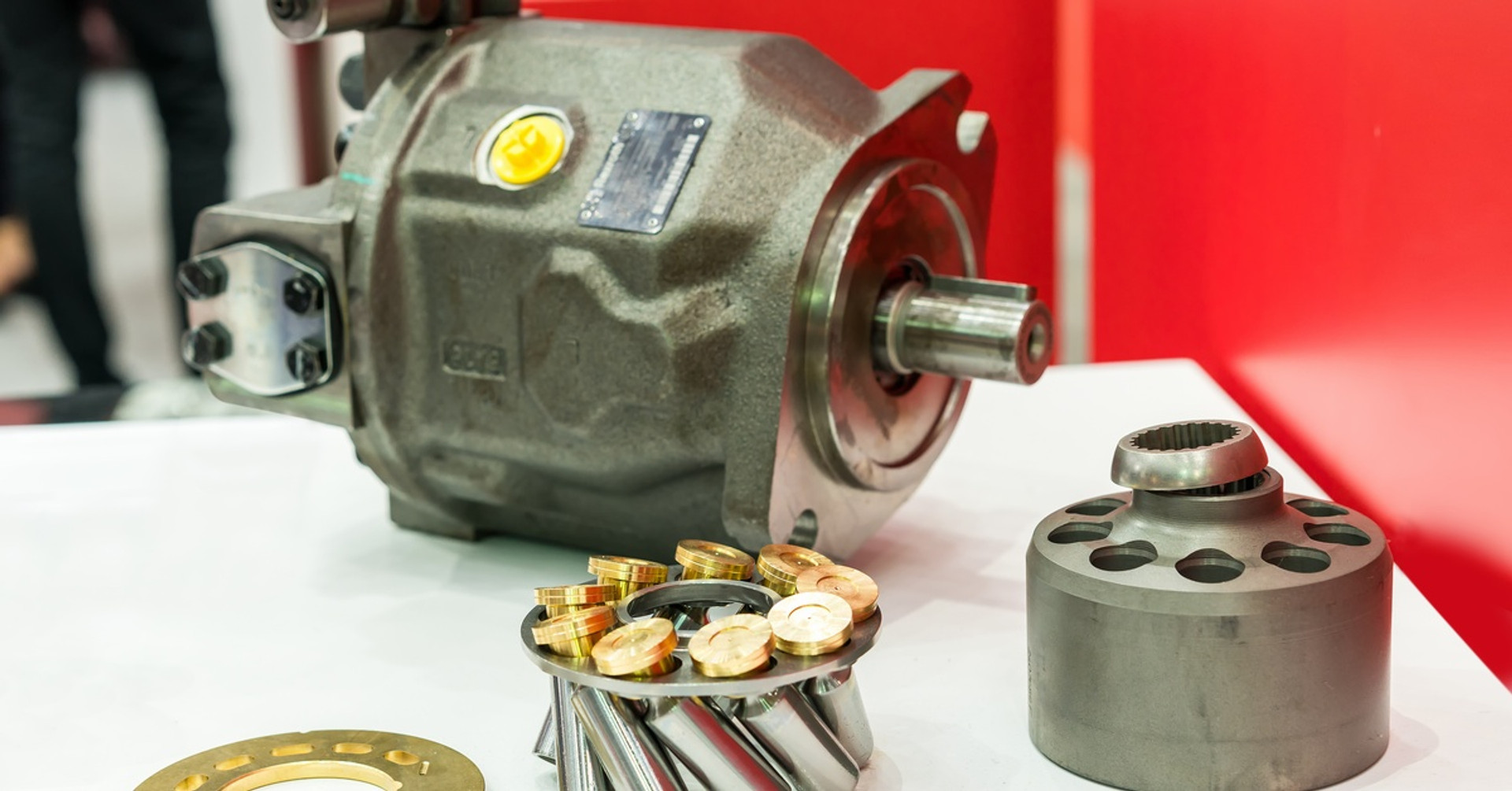4 Specialty Gases Used in Variable Volume Piston Cylinders
Variable volume piston cylinders offer unmatched control for delivering precise volumes of gas, especially in calibration and measurement. The process depends on using high-purity specialty gases that match exact parameters for repeatability and accuracy.
Selection of the right gas directly influences calibration reliability, sensor response time, and data consistency. For labs, manufacturers, and systems integrators, understanding gas selection provides the foundation for consistent analytical outcomes.
Nitrogen (N₂)
Nitrogen supports a wide range of calibration applications due to its chemical stability and inert characteristics. In systems requiring a nonreactive environment, nitrogen maintains the purity of measurement processes by displacing oxygen without triggering unwanted reactions. Analytical instruments frequently use nitrogen to set baseline references or as a balance gas in trace-level testing.
Piston cylinder systems filled with high-purity nitrogen provide controlled pressure flow and avoid contamination that skews results. Nitrogen also maintains long-term consistency across calibration procedures by resisting moisture and reactive gas infiltration. As one of the most widely used specialty gases used in variable volume piston cylinders, nitrogen remains critical for foundational calibration accuracy.
Hydrogen (H₂)
Hydrogen offers utility in gas chromatography calibration and as a carrier gas in analytical systems. Its low density and molecular weight deliver advantages for fast transport and high sensitivity detection. Piston cylinders containing hydrogen must account for pressure handling and purity to maintain analysis integrity.
Hydrogen blends also require careful customization to avoid cross-contamination with reactive compounds. Labs turn to custom calibration gas mixtures that incorporate hydrogen for specific analytical targets or system optimization. Precision mixing prevents signal drift and increases reproducibility during sequential calibration runs.
Carbon Monoxide (CO)
Carbon monoxide calibrates detectors that monitor confined spaces, industrial operations, and public transportation ventilation systems. Exposure guidelines and safety thresholds require pinpoint gas concentrations to validate equipment compliance. Piston cylinder systems provide tightly controlled CO volumes without compromising safety during handling or use.
Facilities working with CO depend on traceability and mixture precision to meet regulatory guidelines and reduce occupational hazards. MESA Specialty Gas & Equipment provides custom calibration gas mixtures for clients who need accurate CO concentrations for safety or industrial hygiene testing.
Methane (CH₄)
Methane supports calibration for combustible gas detectors and analyzers used in pipeline monitoring and environmental safety systems. Accurate gas concentration ranges in variable volume piston cylinders allow end users to match calibration levels with field-use sensor thresholds. Controlled methane environments simulate real-world gas leak conditions for verifying equipment accuracy.
High-purity methane reduces background noise in sensor data, allowing more reliable readings at lower detection limits. Blending methane into custom gas mixtures also helps meet specific application needs across sectors. Methane is a vital component of specialty gases used in variable volume piston cylinders due to its role in safety testing and fuel measurement.
Every specialty gas serves a different function within a piston cylinder calibration environment. Choosing the right mixture improves performance and eliminates variability in analytical testing. MESA provides tailored expertise and reliable custom calibration gas mixtures to help clients stay precise, accurate, and compliant.

